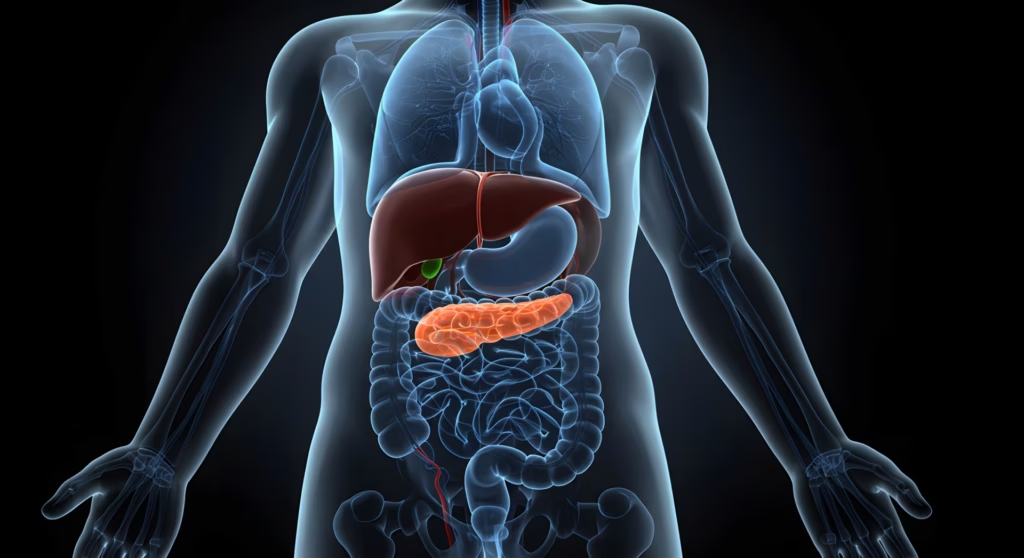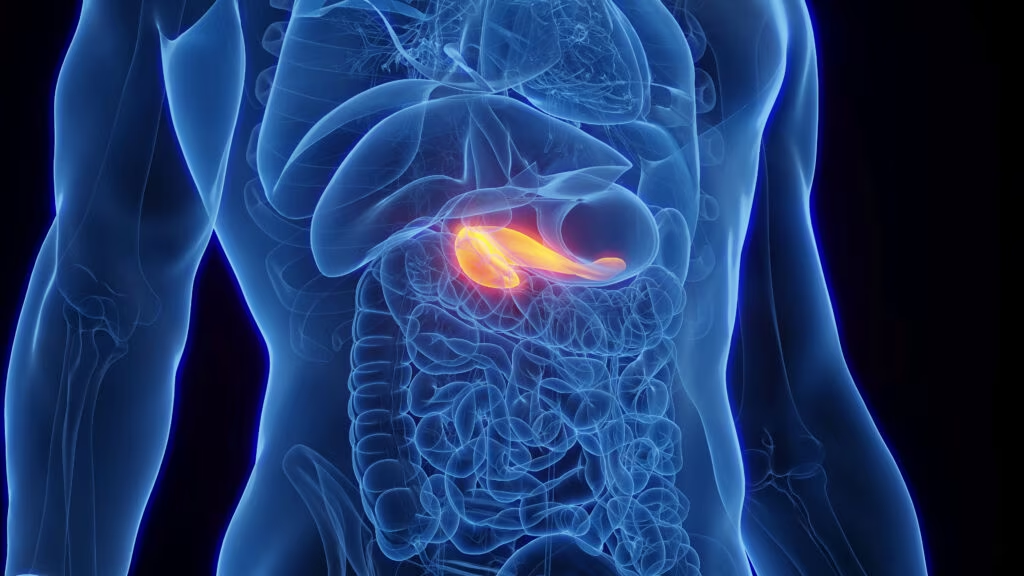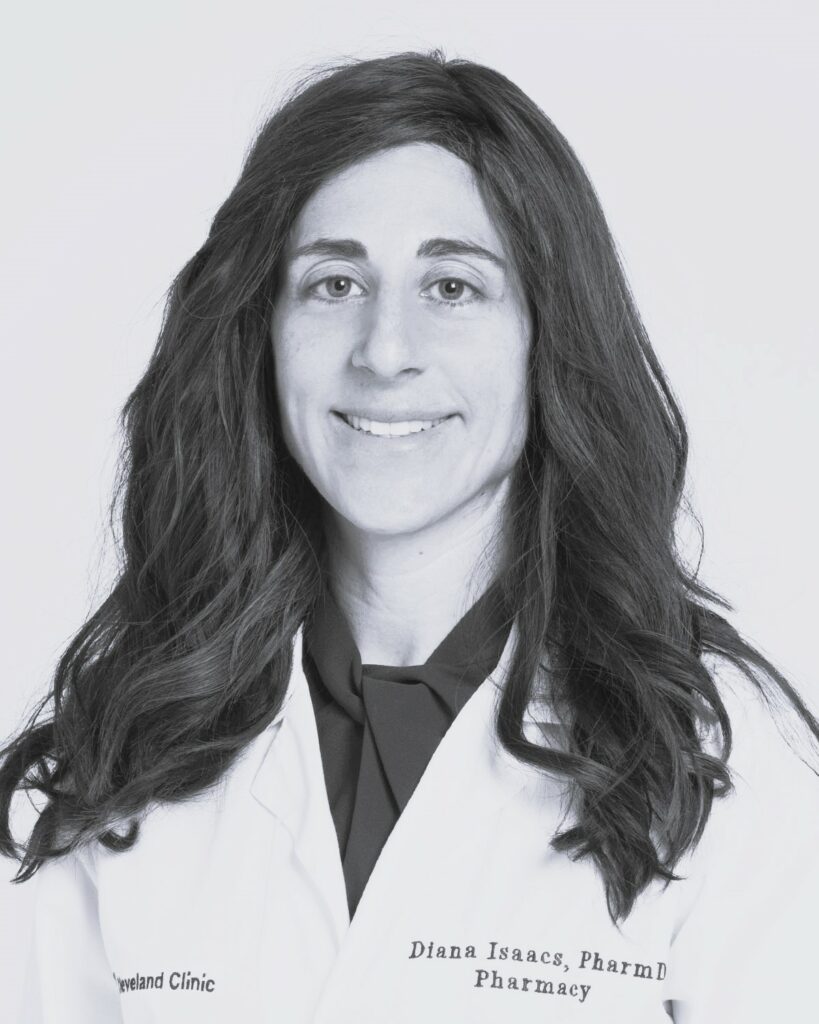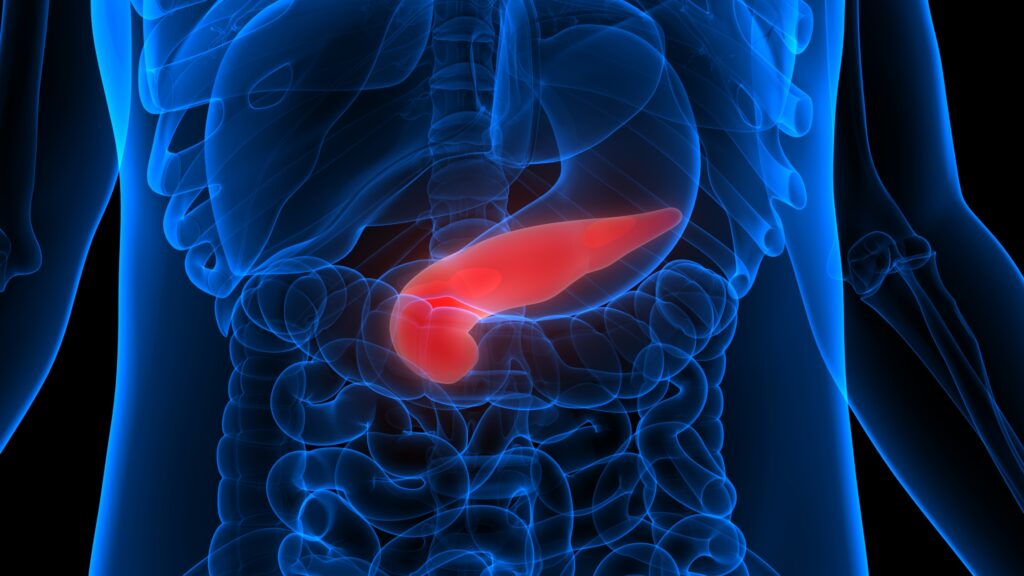Clinical Safety and Tolerability of Vildagliptin – Insights from Randomised Trials, Observational Studies and Post-marketing Surveillance
Abstract
Overview
Vildagliptin is one of the most extensively studied dipeptidyl peptidase-4 (DPP-4) inhibitors in terms of its clinical utility. Over the
last decade, a vast panorama of evidence on the benefit–risk profile of vildagliptin has been generated in patients with type 2
diabetes mellitus (T2DM). In this article, we review the cumulative evidence on the safety of vildagliptin from the clinical development
programme, as well as reports of rare adverse drug reactions detected during the post-marketing surveillance of the drug. Across clinical
studies, the overall safety and tolerability profile of vildagliptin was similar to placebo, and it was supported by real-world data in a broad
population of patients with T2DM, making DPP-4 inhibitors, like vildagliptin, a safe option for managing patients with T2DM.
Keywords
Dipeptidyl peptidase-4 (DPP-4) inhibitors, postmarketing
surveillance, safety, vildagliptin
Article Information
Disclosure
Chantal Mathieu serves or has served on the advisory panel for
AstraZeneca, Boehringer Ingelheim, Bristol-Myers Squibb, Eli Lilly and Company,
Intrexon, Janssen Pharmaceuticals, Hanmi Pharmaceuticals, Mannkind, Medtronic,
Merck Sharp & Dohme Corp., Novartis, Novo Nordisk, Pfizer, Sanofi, Roche
Diagnostics and UCB. Chantal Mathieu serves or has served on the speaker’s bureau
for AstraZeneca, Boehringer Ingelheim, Eli Lilly and Company, Merck Sharp & Dohme
Corp., Novartis, Novo Nordisk and Sanofi. Katholieke Universiteit Leuven has received
research support for Chantal Mathieu from Abbott, Eli Lilly and Company, Intrexon,
Merck Sharp & Dohme Corp., Novartis, Novo Nordisk, Roche Diagnostics and
Sanofi. Plamen Kozlovski, Päivi M Paldánius, Vikas Modgill and Carmen Serban are
employees and shareholders of Novartis Pharma AG. James E Foley is an employee
and shareholder of Novartis Pharmaceuticals Corporation. Marc Evans received
financial support for consulting from Novartis, Merck Sharp & Dohme Corp. and
Novo Nordisk and has served on speaker’s bureau for Novartis, Eli Lilly, Boehringer
Ingelheim, Merck Sharp & Dohme Corp., Novo Nordisk, Janssen and Takeda.
Correspondence
Chantal Mathieu, Department of Clinical and
Experimental Medicine, Katholieke Universiteit Leuven, UZ Herestraat
49, Leuven 3000, Belgium. E: chantal.mathieu@uz.kuleuven.ac.be
Support
The publication of this article was supported by Novartis Pharma AG.
Access
This article is published under the Creative Commons
Attribution Noncommercial License, which permits any noncommercial
use, distribution, adaptation and reproduction provided
the original author(s) and source are given appropriate credit.
Acknowledgements
Medical writing assistance was provided by Amit Kumar
Garg and Lakshmi Deepa of Novartis Healthcare Private Limited, Hyderabad, India.
Received
2017-05-26T00:00:00
Further Resources

Trending Topic
We are pleased to present the latest issue of touchREVIEWS in Endocrinology, which offers a timely and thoughtprovoking collection of articles that reflect both the continuity and evolution of diabetes and metabolic disease research. In an era where technology, public health priorities and clinical paradigms are shifting rapidly, this issue highlights the importance of evidence-based […]
Related Content in Diabetes

Coronavirus disease 2019 (COVID-19) is a life-threatening infection caused by severe acute respiratory syndrome coronavirus 2 (SARS-CoV-2).1 Diabetes mellitus is one of the most frequent comorbidities, related to hospitalization due to SARS-CoV-2 infection, as well as a risk factor for disease severity, ...

Diabetes is a chronic disease associated with both acute and chronic complications. Many advances have been introduced throughout history to address these problems. While each clinical breakthrough was welcomed with relief and the expectation that a solution had been discovered, ...

Article Highlights Early use of sodium–glucose co-transporter-2 inhibitors following myocardial infarction was associated with the following factors: Lower hospitalization for heart failure (odds ratio [OR]: 0.75; 95% confidence interval [CI]: 0.62–0.90; p=0.002). Similar cardiovascular deaths (OR: 1.04; 95% CI: 0.83–1.30; p=0.76). Similar all-cause mortality (OR: 1.00; 95% ...

Very few trials in the history of medical science have altered the treatment landscape as profoundly as the UK Prospective Diabetes Study (UKPDS). Even 44 years after its inception, the trial and post-study follow-up findings continue to fascinate and enlighten the ...

It is with great pleasure that we present this latest issue of touchREVIEWS in Endocrinology, which brings together a diverse array of high-quality articles focused on the evolving landscape of endocrine disorders. The importance of patient-centred care is exemplified in ...

Dry eye disease (DED) is known as dry eye syndrome (DES) or keratoconjunctivitis sicca. According to the Tear Film and Ocular Surface Society’s Dry Eye Workshop II (TFOS DEWS II), it constitutes a multifactorial disease of the ocular surface, ...

The prevalence of diabetes during pregnancy is rapidly increasing. In the USA alone, an estimated 1–2% of pregnant women have type 1 diabetes (T1D) or type 2 diabetes (T2D), and an additional 6–9% develop gestational diabetes.1 From 2000 to 2010, the prevalence of gestational ...

Dipeptidyl peptidase-4 (DPP-4) is a ubiquitous, multifunctional, 766-amino acid, type 2 transmembrane glycoprotein, which participates in the regulation of metabolic functions, immune and inflammatory responses, cancer growth and cell adhesion.1 It has two forms: the first is a membrane-bound form, which ...

Metformin Metformin has been recommended as the first-line glucose-lowering agent for the management of type 2 diabetes (T2D) for several decades due to its efficacy and safety profile.1–3 In fact, metformin has been widely used as an insulin-sensitizing agent for ...

Welcome to the latest edition of touchREVIEWS in Endocrinology, which features a range of review, case report and original research articles that highlight some key developments in our understanding and management of endocrinological disease. We begin with a commentary from ...

Type 2 diabetes (T2D) continues to pose an ever-greater global health challenge, with 1.31 billion individuals predicted to be living with diabetes globally by 2050; the majority of whom will have T2D.1 Closely linked to T2D is metabolic dysfunction-associated steatotic ...

Gestational diabetes mellitus (GDM) is generally defined as “any degree of glucose tolerance with onset or first recognition during pregnancy”.1 It currently is one of the diseases with the highest morbidity among pregnant women.2 Determining its prevalence has been a ...
Latest articles videos and clinical updates - straight to your inbox
Log into your Touch Account
Earn and track your CME credits on the go, save articles for later, and follow the latest congress coverage.
Register now for FREE Access
Register for free to hear about the latest expert-led education, peer-reviewed articles, conference highlights, and innovative CME activities.
Sign up with an Email
Or use a Social Account.
This Functionality is for
Members Only
Explore the latest in medical education and stay current in your field. Create a free account to track your learning.

